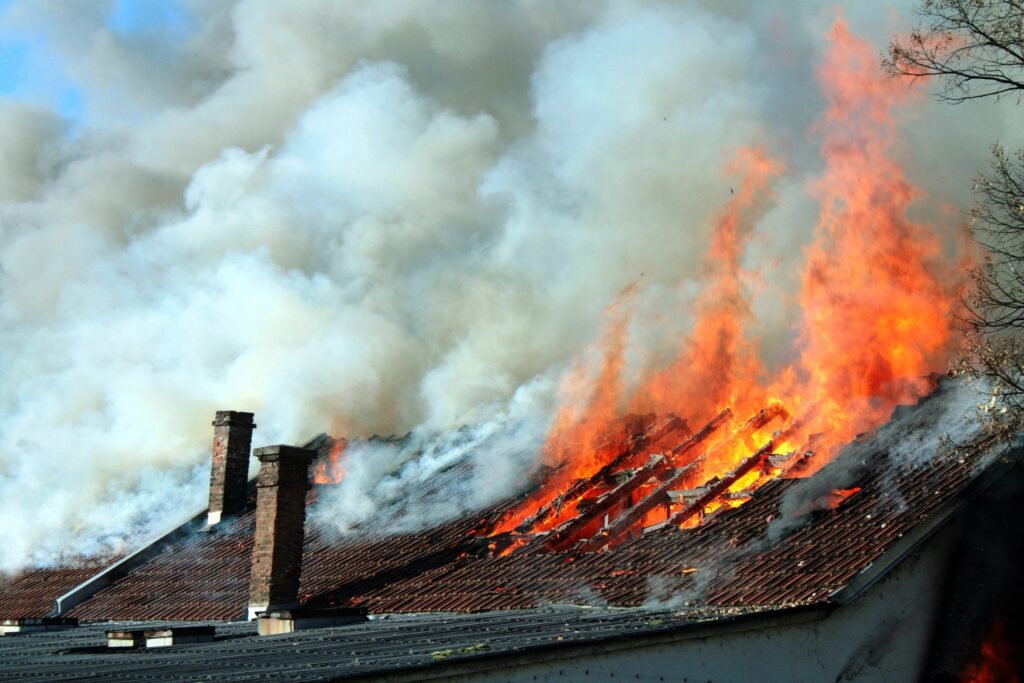
Are you aware of the latest real estate scams? Protect yourself and your investment by staying informed. Knowing how to spot scams before they happen can save you time, money, and stress. Learn what it takes to stay safe in real estate. Don’t let scammers take advantage of you – arm yourself with knowledge and stay one step ahead of the game. What are the latest real estate scams and how can you best protect yourself?
Types of Scams
Foreclosure Scams: Scammers target homeowners facing foreclosure, promising to help stop the foreclosure process for a fee or by having the homeowner sign over the deed to their property. The scammer takes the money and does nothing to help the homeowner, leaving them in a worse position.
Rental Scams: Scammers advertise rental properties that don’t exist or are not available. They may ask for a deposit or rent payment upfront, and then disappear with the money.
Investment Scams: Scammers may offer investment opportunities that promise high returns with little to no risk. In reality, these investments are often fake or illegal, and the investor stands to lose all of their money.
Title Fraud: Scammers may use stolen identities to transfer ownership of a property to themselves and then take out a mortgage or sell the property for a profit, leaving the rightful owner with nothing.
Short Sale Scams: Scammers may convince homeowners to sell their property for less than it’s worth, promising to help them avoid foreclosure. In reality, the scammer may pocket the difference between the sale price and the actual value of the property.
Protect Yourself
Research: Do a deep dive into the property and the seller before making any payments or signing any documents. Look up the seller’s name, the property’s history, and any outstanding liens or mortgages.
Verify: Always verify the identity of the person you’re dealing with. Scammers often use fake names and identities to hide their true intentions.
Get it in writing: Make sure all agreements, contracts, and promises are in writing. Verbal agreements are not legally binding and can be difficult to prove in court.
Don’t rush: Take your time and don’t rush into any decisions. Scammers often try to pressure their victims into making quick decisions before they have a chance to think things over.
Seek professional help: Get help from a real estate attorney or a licensed real estate agent. They can help you navigate the buying or selling process and spot any red flags or warning signs.
The Bottom Line: Using a realtor can be an effective way to avoid being scammed. Realtors are trained to spot potential scams and red flags. They have access to a wealth of information and resources that can help protect you and your investment. They will help you avoid the most common scams, such as rental and investment, as well as title fraud. In

 See Our National Coverage Map
See Our National Coverage Map